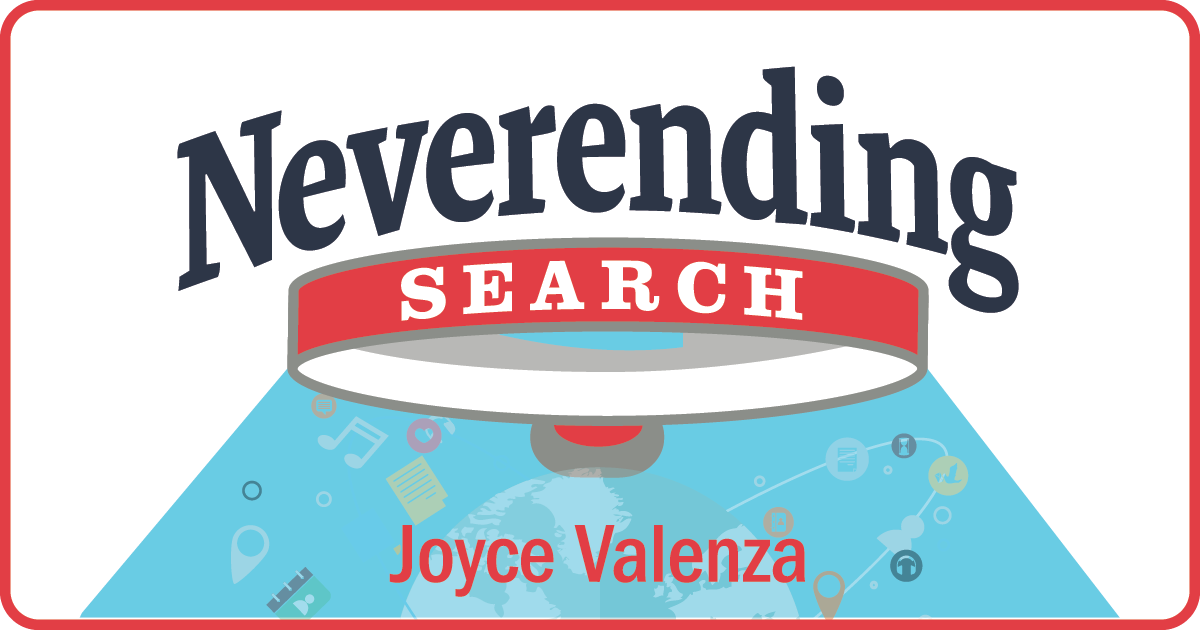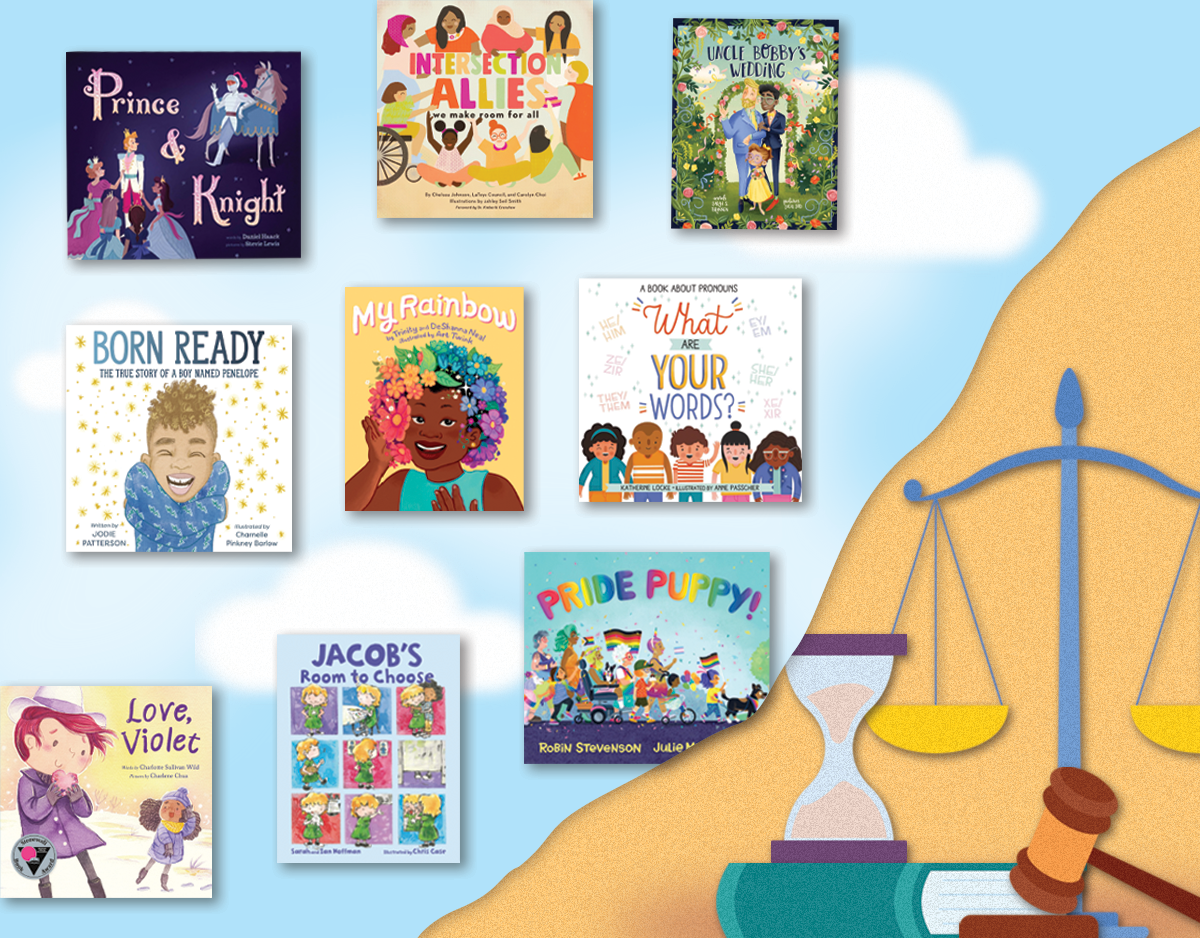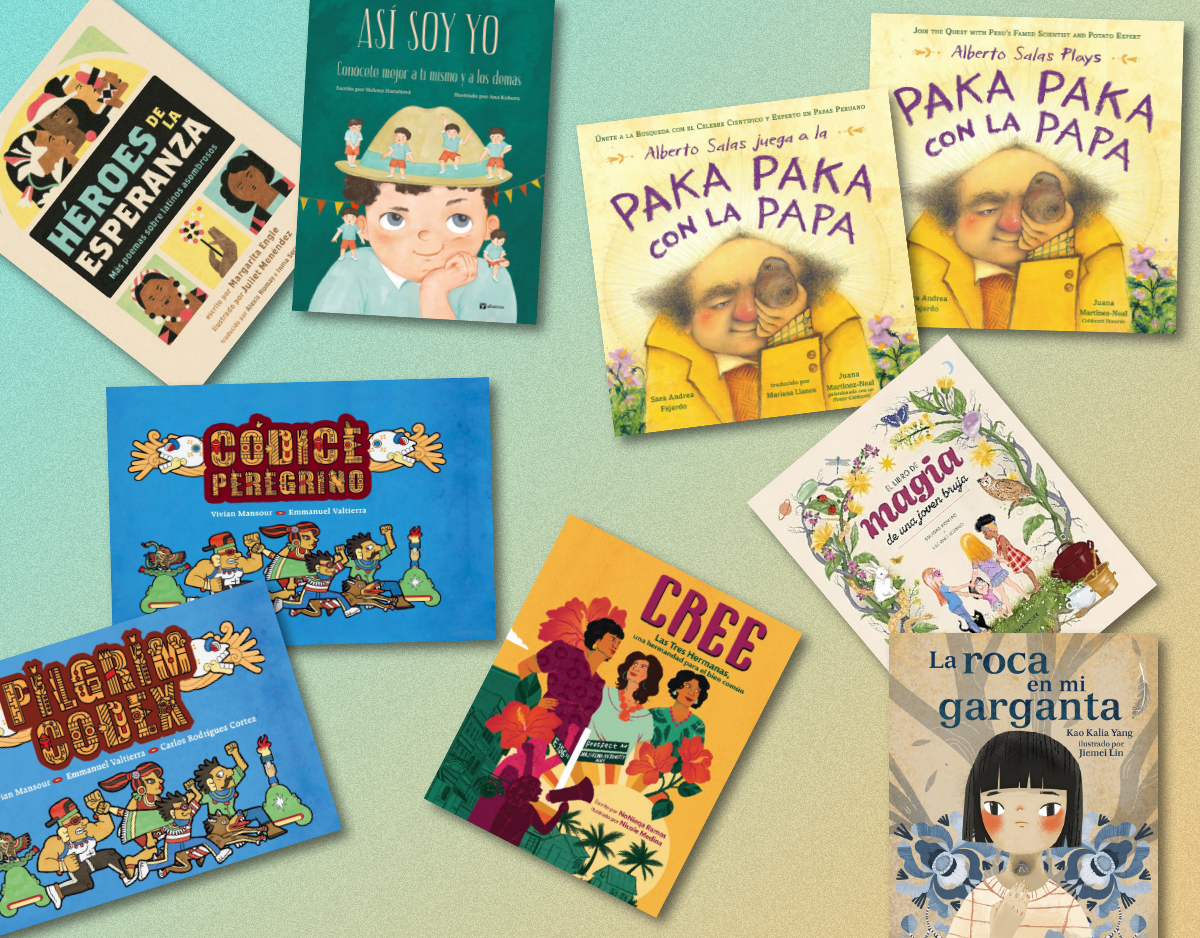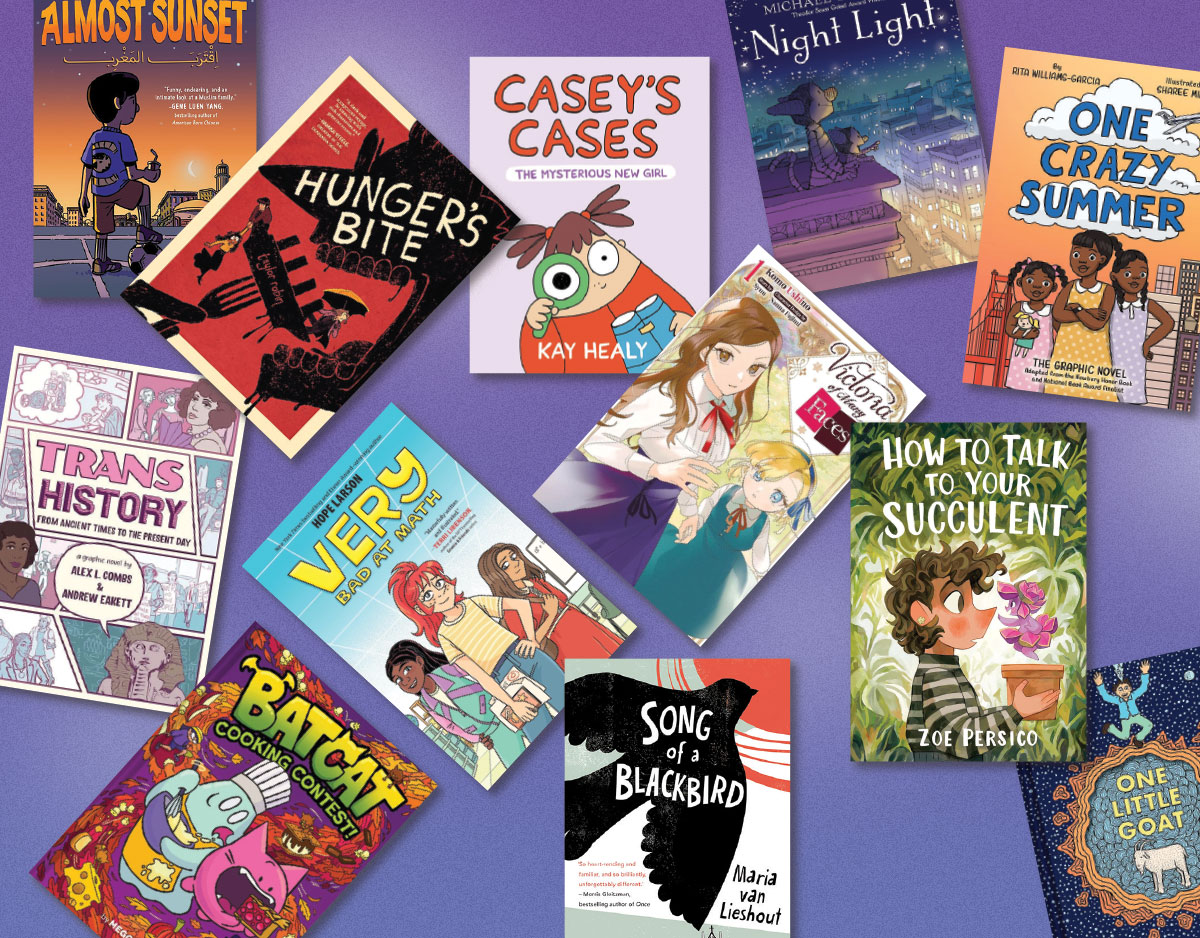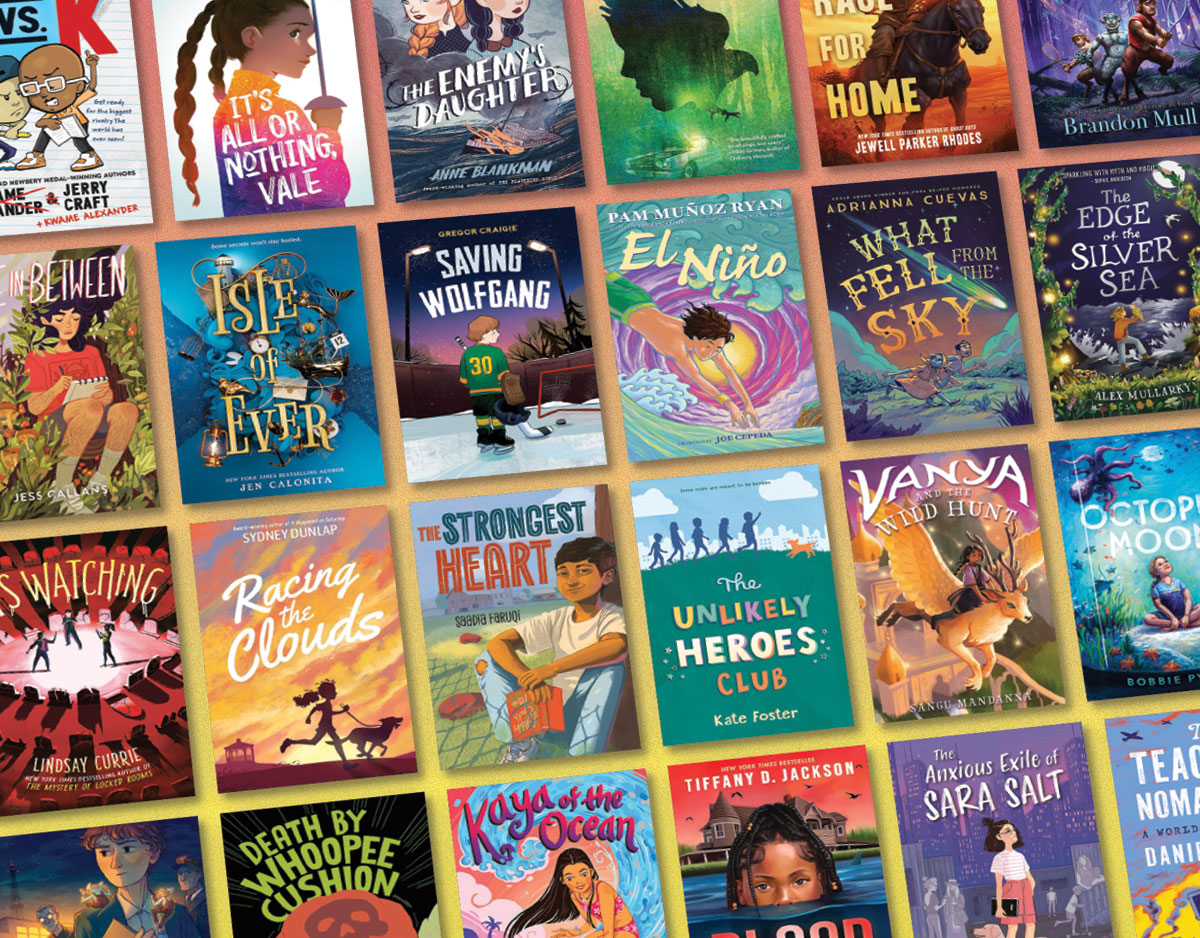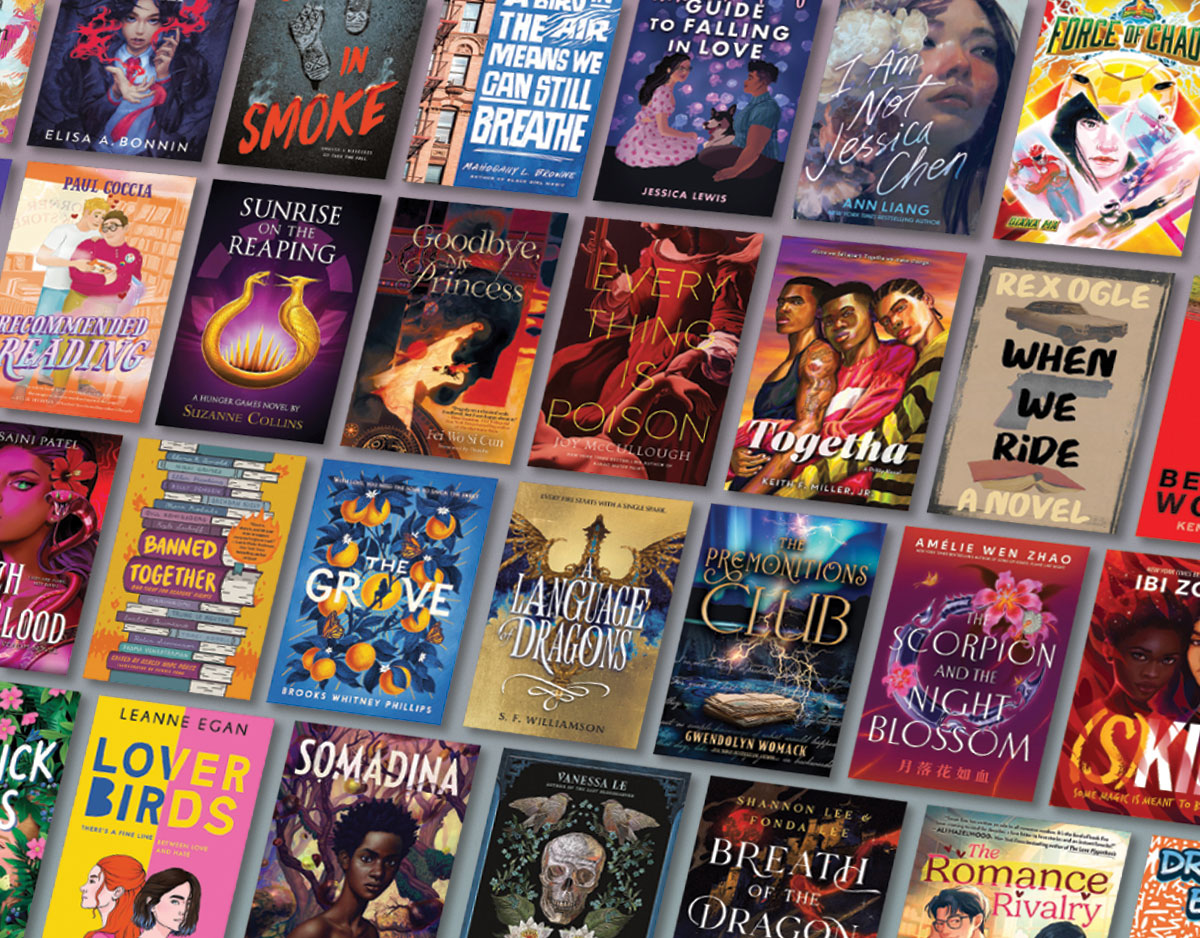SCROLL DOWN TO READ THE POST
Coursera launches with new OER strategies
Lifelong learners everywhere start cheering.
I just added Coursera to our list of open educational resources (OER). But in several exciting ways this one is very different.
Courses are free and are offered by top universities: Princeton, Stanford, UC Berkeley, UM Ann Arbor, and U of Pennsylvania.
But where past efforts archived lengthy video lectures and offered little interaction, Coursera learners sign up for free courses on a platform that includes: chunked video lecture segments, quizzes, homework, deadlines, interactivities, check-ins, global forums, and peer review.
Created by two Stanford computer science professors who secured venture capital to launch the project, Coursera describes its goals:
We are partnering with the top universities in the world to offer courses online for anyone to take, for free. We envision a future where the top universities are educating not only thousands of students, but millions. Our technology enables the best professors to teach tens or hundreds of thousands of students.
Through this, we hope to give everyone access to the world-class education that has so far been available only to a select few. We want to empower people with education that will improve their lives, the lives of their families, and the communities they live in.
Students can complete work at their own pace and participate as classmates with learners across the world.
When you join one of our classes, you’ll also join a global community of thousands of students learning alongside you. We know that your life is busy, and that you have many commitments on your time. Thus, our courses are designed based on sound pedagogical foundations, to help you master new concepts quickly and effectively. Key ideas include mastery learning, to make sure that you have multiple attempts to demonstrate your new knowledge; using interactivity, to ensure student engagement and to assist long-term retention; and providing frequent feedback, so that you can monitor your own progress, and know when you’ve really mastered the material.
The project presents research relating to its pedagogical foundations, and its incorporation of student peer review and use of crowd-sourcing, in assessment.
Courses topics span the humanities, medicine, biology, the social sciences, mathematics, business, computer science, and more.
Students who complete courses may earn certificates of completion, not university credit. Whether or not this approach is a game changer for higher ed remains to be seen.
For lifelong learners, for students with limited access or funding, and for those of us who don’t give a hoot about credit, this is a pretty exciting opportunity!
Here’s an introduction to Penn’s very tempting course, Modern and Contemporary American Poetry.
- OER Commons
- Academic Earth
- Open University
- MIT OpenCourseWare
- MIT Course Materials for High SchoolCarnegie Mellon Open Learning Initiative
- MoodleShare
- Tufts Open Courseware
- Udacity
- Open Yale Courses
- Open Culture Free Courses
- Curriki Courses
- Khan Academy
- Saylor.org (thanks, Kurt!)
- Stanford YouTube Channel
- Stanford’s iTunes site
- Webcast Berkeley
Filed under: OER, online learning
About Joyce Valenza
Joyce is an Assistant Professor of Teaching at Rutgers University School of Information and Communication, a technology writer, speaker, blogger and learner. Follow her on Twitter: @joycevalenza
ADVERTISEMENT
SLJ Blog Network
How Candace Fleming Made an Award Winner
World Premiere Video for a Brand New Amos McGee! With Special Q&A with Erin E. Stead
Superman’s Good Guy Gang | Review
Heavy Medal Suggestions: 73 Titles and Counting
Fast Five Interview: Donna Galanti
The Classroom Bookshelf is Moving
ADVERTISEMENT
ADVERTISEMENT

